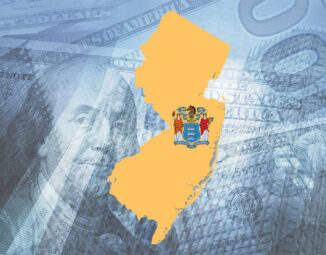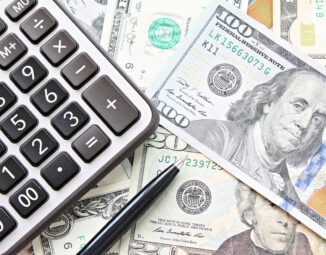IRS Clarifies Tax Treatment Of Business Expenses Paid With PPP Loan Proceeds
In May 2020, the IRS announced that business expenses paid with Paycheck Protection Program (PPP) loan proceeds are not deductible if the PPP loan is subsequently forgiven. For more detail, please click here. Despite facing widespread criticism, the IRS continues to hold this position. In fact, the IRS has doubled down on its position by releasing a revenue ruling and a revenue procedure clarifying how these business expenses would be treated when the PPP loan is not forgiven by the end of 2020.
Rev. Rul. 2020-27 – No Deduction if Taxpayer Reasonably Expects PPP Loan Forgiveness
In the revenue ruling, the IRS clarifies that a taxpayer may not deduct eligible business expenses that were paid with PPP loan proceeds in 2020 if the taxpayer reasonably expects to receive forgiveness of its PPP loan.
The revenue ruling discusses two hypothetical situations. In Situation 1, Taxpayer A received a PPP loan, used the loan proceeds for eligible business expenses such as qualified payroll, utility, and rent expenses. In November 2020, Taxpayer A applied for PPP loan forgiveness based on the eligible expenses it paid during the applicable covered period. At that time, Taxpayer A satisfied the requirements under the CARES Act for forgiveness of the PPP loan.
In Situation 2, the facts are the same as Situation 1, except that Taxpayer B did not apply for PPP loan forgiveness before the end of 2020 but expected to apply for loan forgiveness in 2021. In both situations, the IRS determined that the taxpayer reasonably expected to receive forgiveness of its PPP loan and therefore, neither taxpayer may deduct the eligible business expenses that were paid with the PPP loan proceeds in 2020.
Rev. Proc. 2020-51 – Safe Harbor to Claim Tax Deduction
The revenue procedure, on the other hand, provides a safe harbor allowing a taxpayer to claim a tax deduction for the business expenses paid with PPP loan proceeds where the taxpayer’s PPP loan forgiveness request is subsequently denied, in whole or in part, or the taxpayer decides never to apply for PPP loan forgiveness.
For the safe harbor to apply, the taxpayer must have:
- Paid or incurred eligible expenses in 2020 for which no tax deduction was allowed because the taxpayer reasonably expected to receive forgiveness of the PPP loan;
- Submitted or intended to submit a PPP loan forgiveness application; and
- Received notification from the lender that its PPP loan forgiveness was denied, in whole or in part, or decided never to apply for PPP loan forgiveness.
If the taxpayer satisfies all these requirements then it may claim a tax deduction for the business expenses paid with PPP loan proceeds (which were not forgiven) on its (i) 2020 tax return, (ii) 2020 amended tax return or administrative adjustment request (AAR), as applicable, or (iii) tax return for the subsequent year.
These new IRS releases have already received stinging remarks from Congress on both sides of the aisle. Such strong Congressional reactions are leading to speculation that future legislation maybe in the cards to overturn the IRS position. Unfortunately, there is no guarantee that Congress will come to the rescue. However, even without the salvation of future legislation, there may be an argument based on Congressional intent and language in the CARES Act that business expenses paid with PPP loan proceeds are deductible even if the PPP loan is subsequently forgiven. Of course, this argument would be flatly contrary to the IRS guidance that has been issued to date.
The information contained in this publication should not be construed as legal advice, is not a substitute for legal counsel, and should not be relied on as such. For legal advice or answers to specific questions, please contact one of our attorneys.



